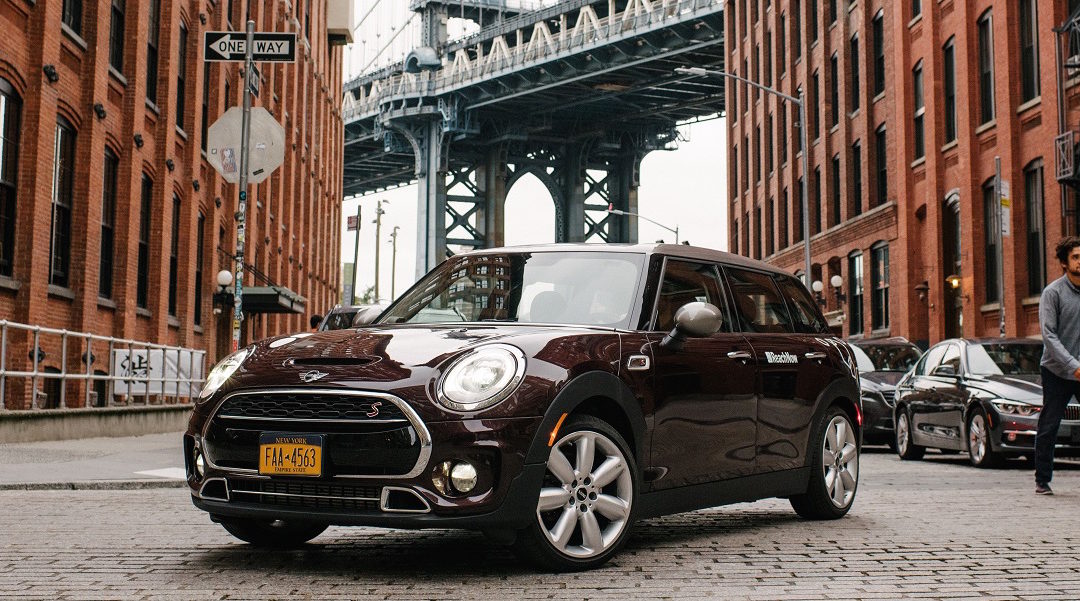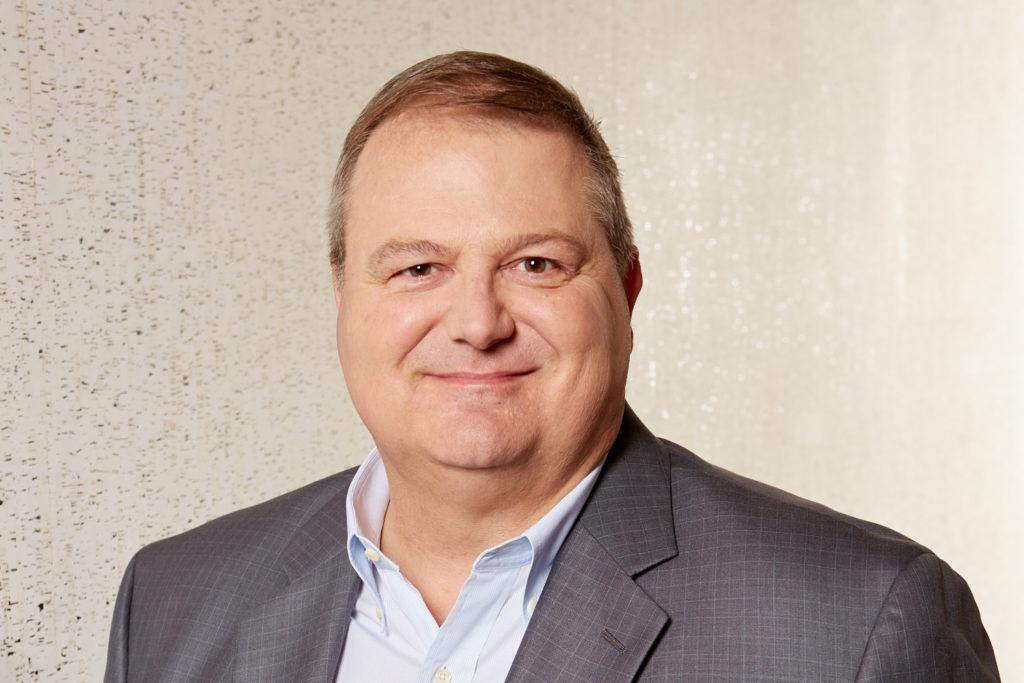It has been a busy seven months for BMW’s ReachNow mobility service. Following a pilot launch in Seattle, the company quickly expanded to Portland, Oregon, and will now operate in Brooklyn, New York as well.
ReachNow CEO Steve Banfield announced the service’s third city, along with several new features, at this year’s Automobility LA Technology Pavilion. MilesPerHr sat down with Banfield following the press conference to review the startup’s aggressive growth and vision for the future.
The ReachNow app, to this point, has functioned purely as a carsharing solution. Seattle and Portland residents could download the app, reserve a BMW i3, BMW 328i, BMW X1, Mini Cooper, or Mini Clubman, and drive for any number of miles at a rate of $0.49 cents per minute of operation ($0.30 cents per minute that the car is parked).
Thus far, ReachNOW’s 32,000 members have logged over 1.2 million miles behind the wheel.
While this service has represented forward thinking among mainstream automakers, it hasn’t been innovative across the entire carsharing market. ReachNow’s latest mobility solutions, however, are far more advanced.
“Today, we’re trying to make good on all of the promises we made at our launch in Seattle,” said Banfield.
Within the next month, ReachNow mobility members will be able to request a ride on-demand, schedule rentals with delivery, loan vehicles from residential addresses, reserve cars for several days, and rent out their own Mini vehicles. Additionally, the ReachNow app is getting a series of updates to improve its functionality and speed.
More: BMW’s Future Is An Innovation Marathon
“All of these services are available within one app, one brand … we are now truly a mobility company,” stated Banfield. “We want to touch on every possible way someone would move around their city — whether they want to drive, be driven, own a car, or share it.”
Here’s a more detailed breakdown of what’s coming between now and early 2017:
Ride: ReachNow’s direct challenge to ridesharing services like Uber and Lyft will be its “Ride” option. Members can book rides with a driver on-demand, or schedule recurring rides. Seattle will be the first city to test this new function, starting December 8. ReachNow also plans to offer vehicle customization (music and temperature preferences) in the coming months.
Share: For a while, BMW has described a future where owners can rent out their cars when they aren’t using them. The industry consensus has been that this vision would materialize sometime after autonomous technology was broadly incorporated, but ReachNow isn’t waiting. “Share” will let owners of 2016 and 2017 model year Minis loan their cars to other members for a minimum of two days. Seattle will again pilot this program, starting December 15.
Reserve: ReachNow has given members the opportunity to reserve cars for longer than two days since October, but now that functionality is a bit more seamless. Starting early next year, ReachNow will deliver cars to members who schedule longer-term loans.
Beyond these new services, BMW will begin planting ReachNow fleets at residences and businesses. Renters and employees will then have exclusive access to these cars instead of having to fight over vehicles scattered throughout the city.
ReachNow’s expansion to Brooklyn will add another 250 vehicles to its current fleet of 1,000, and moves the service beyond the west coast for the first time.
“ReachNow mobility will serve as an extension to New York City’s subways and buses, offering additional flexibility to meet residents’ every need,” said a company representative. It’s clear that ReachNow’s new services add value for members, but the startup’s real merits are still on the way. As we chatted with Mr. Banfield, it became clear that ReachNow’s mobility programs and experiments are just as valuable to its owning entity, BMW.
“The longer term opportunity, as we roll out these services, is how autonomy will impact them,” noted Banfield. “Today, we’re building services that are about you driving or being driven, but as autonomous cars become available (BMW is committed to producing these cars by 2021), we will continue to leverage that. Our first autonomous cars may still require a driver, but you as the passenger may be able to request as much autonomous driving or as little autonomous driving as possible.”
This sounds exactly like a test bed for BMW’s understanding of how comfortable (or not) consumers are with the concept of turning over driving responsibility to a computer. Information about which factors put customers at ease with autonomy is invaluable, given the industry-wide transition that’s currently in progress.
If ReachNow’s growth continues, it will soon have a considerable sample size from which to farm insights.


